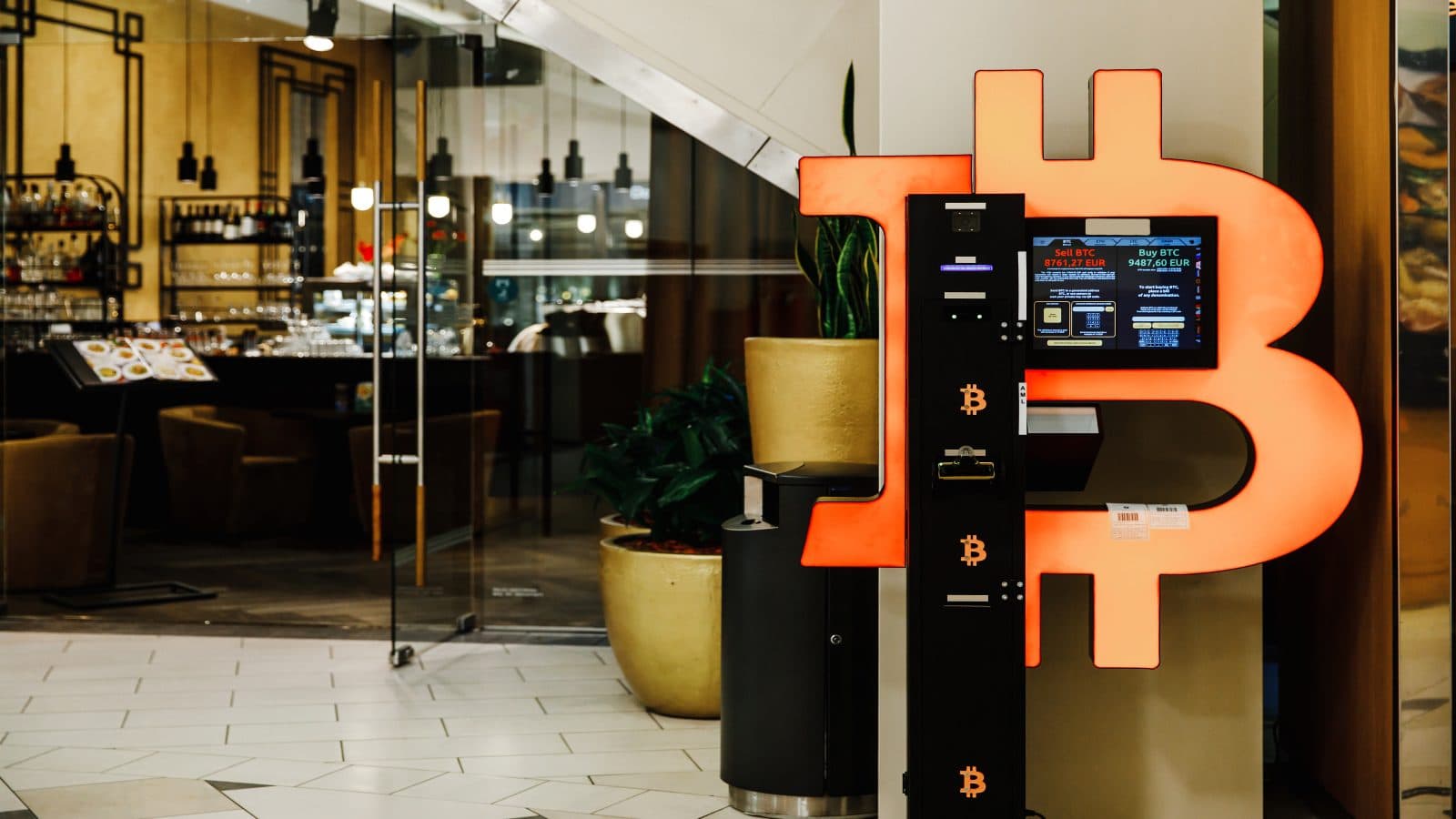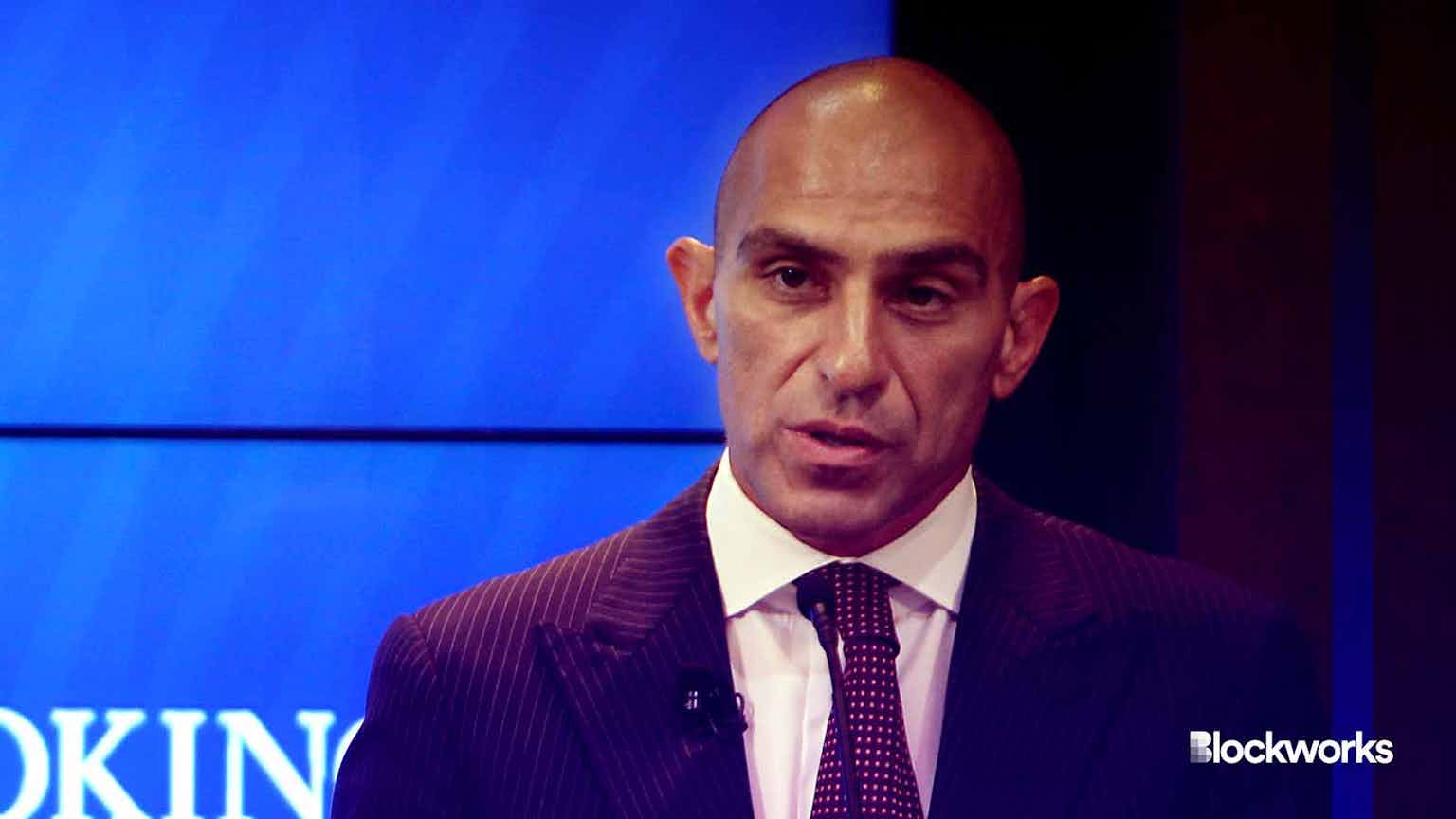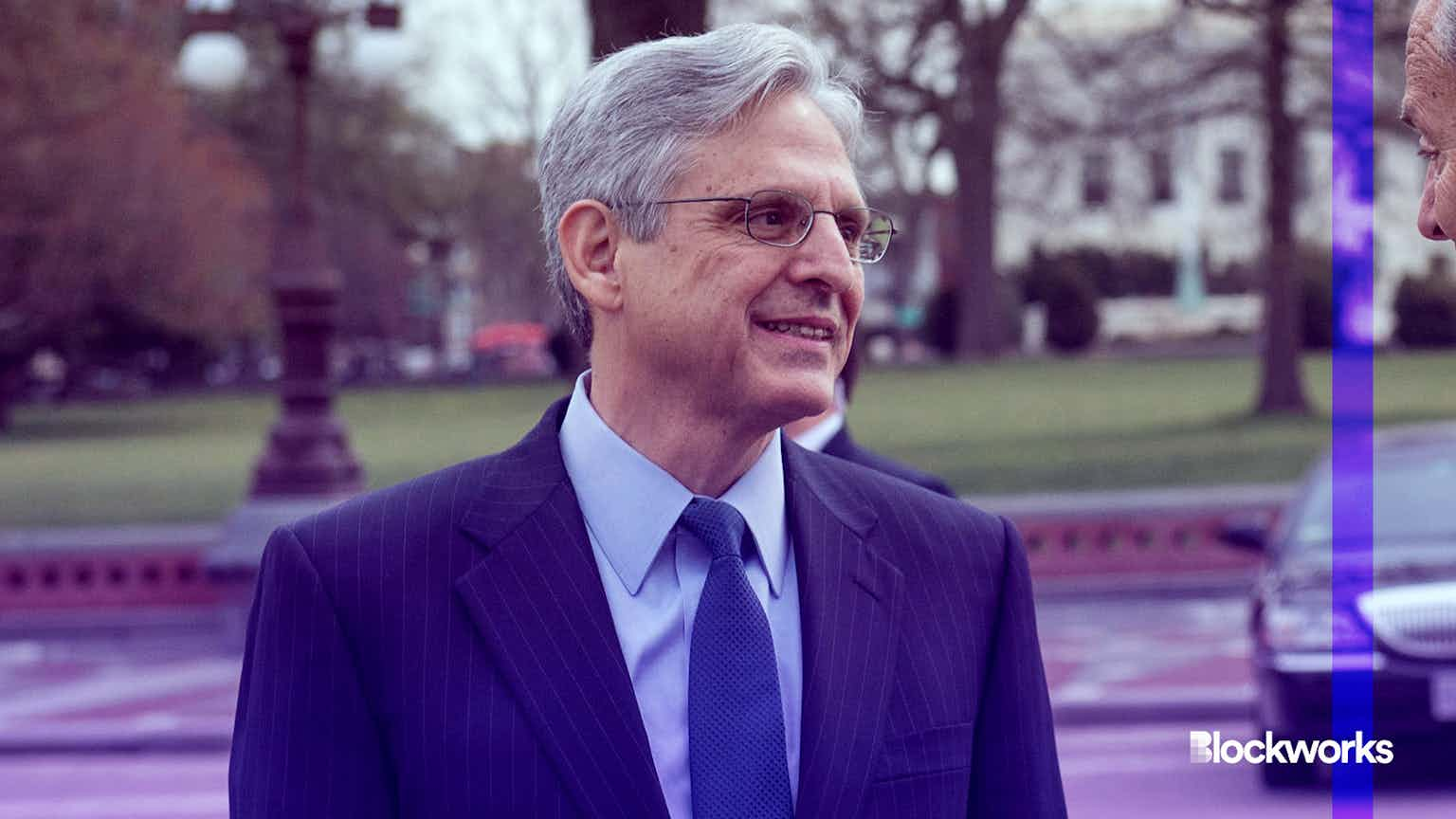Singapore Mulls Limits on Retail Traders, Leverage After Crypto Collapse
The Monetary Authority of Singapore is “carefully considering” extra safeguards in the wake of multiple high-profile cryptocurrency blowups

Bitcoin ATM inside shopping mall; Source: Shutterstock
key takeaways
- Singapore’s central bank chair says the borderless nature of crypto markets demands global coordination
- The message comes three days after Singapore-registered Three Arrows Capital filed for bankruptcy
Singapore’s central bank is weighing new consumer protections after turbulent markets choked some of cryptocurrency’s biggest names, many of which are headquartered in the city-state, reports Bloomberg.
The Monetary Authority of Singapore (MAS), which also serves as the country’s finance regulator, has been “carefully considering” extra consumer safeguards, Chair Tharman Shanmugaratnam said on Monday in a written reply to a parliamentary question.
“These may include placing limits on retail participation, and rules on the use of leverage when transacting in cryptocurrencies,” he wrote.
Shanmugaratnam highlighted that the borderless nature of crypto markets calls for global regulatory coordination and said MAS is discussing these concerns at an international level.
Three Arrows Capital (3AC), the crypto hedge fund firm recently ordered into liquidation by a British Virgin Islands court — and which just filed for Chapter 15 bankruptcy — is headquartered in Singapore.
Last week, MAS found 3AC misled the watchdog and skirted local regulations by exceeding limits on assets under management. Singapore-based lender Vauld, backed by Coinbase and Peter Thiel’s Valar Ventures, on Monday imposed a withdrawal freeze due to financial struggles.
Terraform Labs, the firm behind failed algorithmic stablecoin TerraUSD (UST) and its sister token LUNA, is also registered in Singapore. After UST crashed in May — which caused steep losses for investors — Singapore’s Deputy Prime Minister Heng Swee Keat had a stern warning. “Retail investors especially should steer clear of cryptocurrencies. We cannot emphasize this enough,” he said at a tech summit.
Singapore has already moved to protect crypto investors
Bloomberg noted the central bank has granted licenses and in-principle approvals to 14 companies handling digital assets in Singapore, including Crypto.com, Genesis and Sparrow Exchange, out of almost 200 applications. However, the regulator has frequently discouraged retail customers from trading cryptocurrencies.
In January, the authority barred digital payment token providers (DPTs) from marketing their services to the general public, including in public transport, broadcast media, periodical publications, third-party websites, social media platforms, public events and roadshows. It also told companies physical crypto ATMs are prohibited in public areas.
“Such convenient access may mislead the public to trade in DPTs on impulse, without considering the risks of trading in DPTs,” MAS wrote in a set of guidelines.
Recent events in the crypto market have demonstrated risks for the retail public, the MAS’ latest warning said. Cryptoasset prices have swung sharply lower from last year’s all-time highs along with broader declines in the financial market, while crypto lenders such as Celsius and BlockFi deal with liquidity crises.
Doug Schwenk, CEO of Digital Asset Research, told Blockworks that crypto companies crumbling under pressure shouldn’t be perceived as a sign of overall weakness in the industry.
“I think we’re going to lose Celsius. We’re probably going to lose some other players in the market. Three Arrows is unwinding for sure,” he said. “BlockFi is not going to be as big a firm as it used to be. Coinbase has had some layoffs. But that doesn’t mean that there’s no role for a firm like Coinbase or BlockFi, or someone will step in and replace what Celsius was doing in time.”
Start your day with top crypto insights from David Canellis and Katherine Ross. Subscribe to the Empire newsletter.




